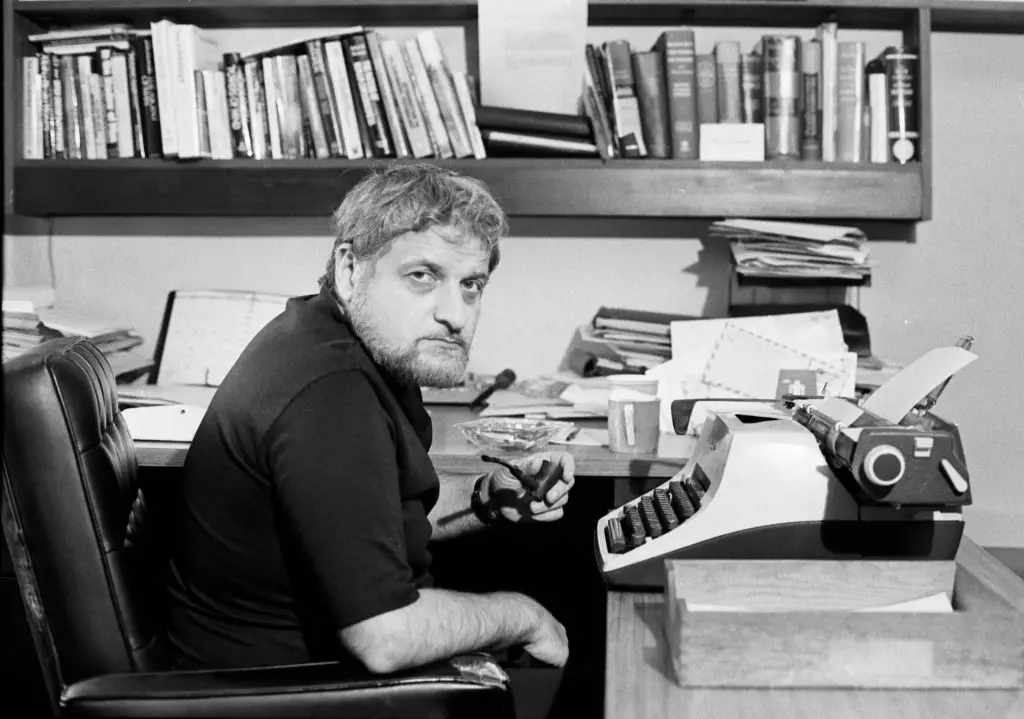The recent announcement by International Literary Properties (ILP) signals a bold stride toward preserving and amplifying the enduring influence of Paddy Chayefsky’s legacy. This strategic alliance with Simcha Productions, Inc., and Dan Chayefsky aims to rediscover and reintroduce his rich body of work to new generations around the globe. Such a move not only honors a towering figure of 20th-century American entertainment but also underscores how timeless themes and incisive social commentary can find relevance in today’s cultural landscape. Instead of merely safeguarding the past, this partnership envisions actively shaping a future where Chayefsky’s voice remains vital and provocative.
The Depth of Chayefsky’s Genius: More Than Award Wins
Few writers have achieved the level of cinematic and theatrical distinction that Paddy Chayefsky attained, with three solo Academy Awards and a reputation rooted in both literary and media excellence. His triumphs in film—most notably for *Marty*, *The Hospital*, and *Network*—are often celebrated, but what truly sets him apart is his perceptive critique of societal flaws, packaged within compelling narratives. His screenplay for *Network* is a prophetic piece, eerily resonating with contemporary issues like media manipulation, corporate greed, and societal alienation. A broader appreciation of his work reveals a writer committed to exposing the undercurrents of human experience, challenging audiences to ponder uncomfortable truths beneath the veneer of civility.
The Significance of Reframing for New Audiences
ILP’s focus on expanding Chayefsky’s reach demonstrates an insightful understanding of modern entertainment dynamics. The staging of *Network* in West End and Broadway, featuring Bryan Cranston, exemplifies how his work continues to captivate and provoke debate. In a cultural climate increasingly skeptical of mass media and corporate influence, Chayefsky’s themes resonate more powerfully than ever. Reimagining his works for contemporary audiences is not a mere nostalgic exercise; it is an urgent act of cultural critique with the potential to spark renewed conversations about morality, authenticity, and societal responsibility.
The Responsibility of Guardianship and Innovation
Managing the estate of such a prolific figure is no trivial task. Modern adaptations demand a careful balance—respecting the integrity of Chayefsky’s original vision while finding innovative ways to connect with contemporary viewers. ILP’s role as a guardian of literary estates carries the weight of cultural stewardship, but it must also foster bold experimentation. Their approach to reviving Chayefsky’s legacy should go beyond reboots and reruns; it should aim to challenge, interrogate, and inspire, creating a dynamic dialogue between his work and 21st-century issues. By doing so, ILP can transform the narrative of literary estates from static repositories into lively, evolving platforms for societal reflection.
The Personal and Cultural Layers of Chayefsky’s Legacy
The support from Chayefsky’s family, particularly his son Dan, emphasizes a personal dedication to his father’s artistic integrity. It is a reminder that legacy is not solely about intellectual property but about sustaining the spirit of a man who used storytelling as a mirror to society. This human connection enhances the cultural significance of the ongoing efforts, giving authenticity to the revival. Yet, it also invites critics to scrutinize whether commercial interests might overshadow artistic reverence. True stewardship requires navigating these priorities delicately, ensuring that the essence of Chayefsky’s critique remains intact while expanding his influence.
Why This Matters Now More Than Ever
In an era dominated by rapid media consumption and a fracturing of cultural narratives, Chayefsky’s work serves as a critical reminder of the power of storytelling to challenge perceptions and influence societal values. His ability to weave social critique with artful storytelling is rare and precious. The current partnership signals a recognition that literary and theatrical legacies are potent tools for cultural interrogation—tools that can inform and shape public discourse in meaningful ways. Rather than allowing his insights to fade into obscurity, this renewed focus positions Paddy Chayefsky as a perennial voice—a beacon urging us to confront uncomfortable truths with honesty and ingenuity.

